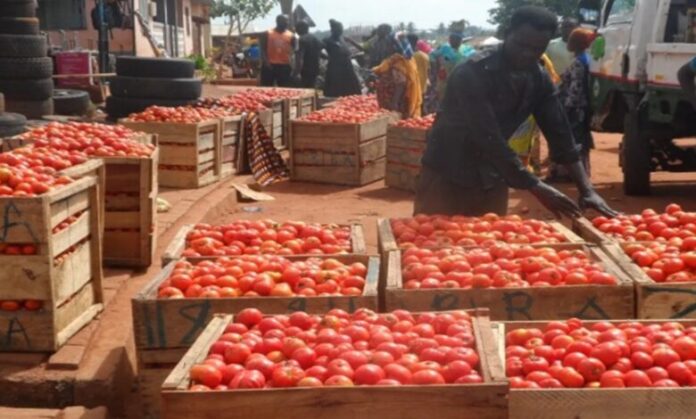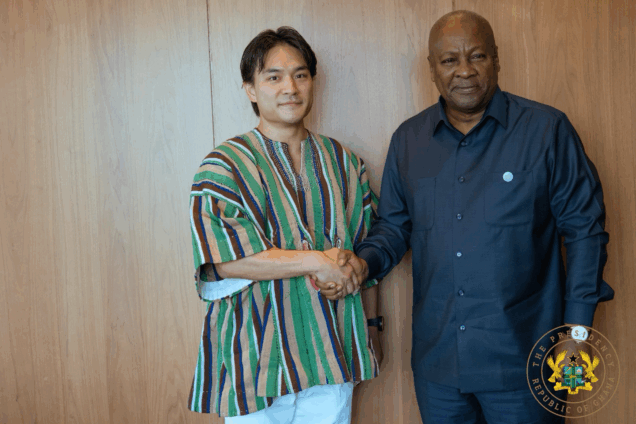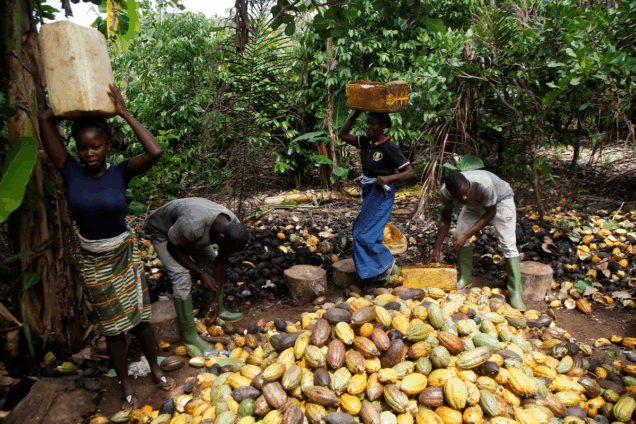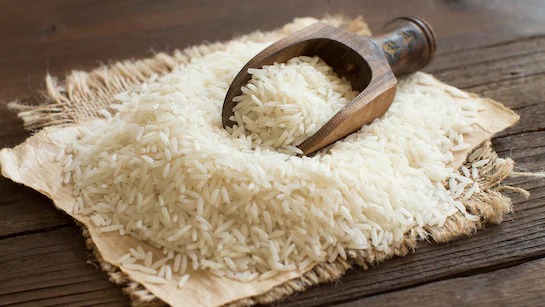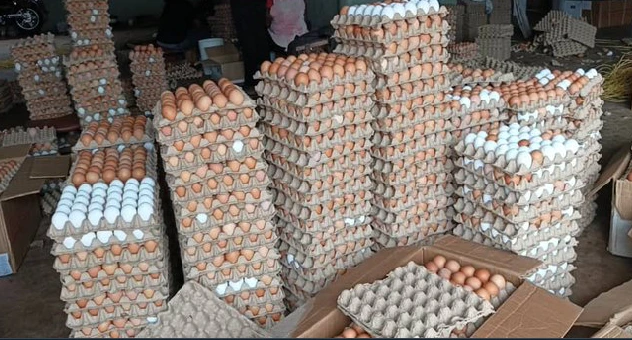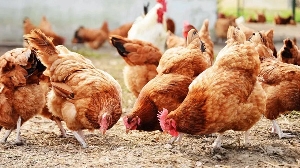Tomato prices in Accra remain elevated despite reports of a bumper harvest in farming communities, as high transport charges, poor storage facilities and weak market systems continue to undermine any benefits from increased production.
At Kasoa and Agbogbloshie markets, a small basket of tomatoes currently sells for between GHS220 and GHS250, well above the GHS120 to GHS150 range recorded during the same period last year.
Traders say the cost of transporting tomatoes from the Northern and Bono East regions, coupled with losses incurred through poor handling and inadequate preservation, is keeping prices beyond the reach of many households.
“Even though the farmers are producing more, transporting tomatoes from the farm gates to Accra costs almost the same as the produce itself. On top of that, we lose a lot along the way because of heat and bad roads,” said Aunty Yaa Asare, a trader at Kasoa market.
Another trader at Agbogbloshie, Mr Ibrahim Alhassan, noted that sales have declined as consumers adjust to the rising prices.
“People now buy half baskets instead of full ones. The price is too high, and sales are discouraging. Farmers bring plenty, but we cannot sell them quickly because there is no cold storage,” he explained.
Farmers, on the other hand, insist that prices at the farm gate have dropped this season, with a crate that previously sold at GHS200 now going for GHS120.
“The prices at the farms are lower this season. A crate that used to sell at GHS200 now goes for GHS120. The problem is that middlemen and transport charges push prices back up before they reach the consumer,” Mr Alhassan disclosed.
The Peasant Farmers Association of Ghana has therefore called for investment in cold chain systems and affordable transport solutions to reduce post-harvest losses and ease the burden on consumers.
“Every year we go through the same cycle. Without storage facilities, traders rush to sell, and consumers still pay more. Government support for logistics and preservation is key,” the association said in a statement.

